MOVING TO
SWITZERLAND
A PRACTICAL COUNTRY SPECIFIC
MOVING GUIDE OFFERED BY US
FOR YOUR CONVENIENCE
MOVING TO
SWITZERLAND
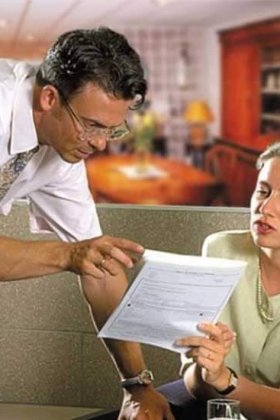
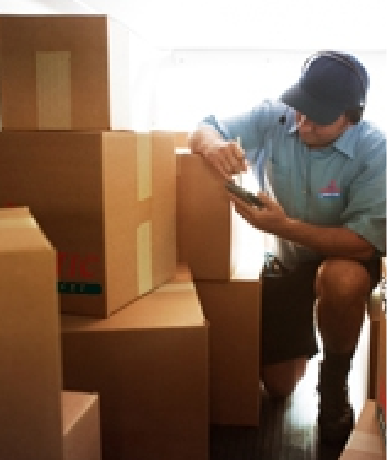
Moving to
another country
Moving to another country, let alone half around the globe always seems a daunting task at first. Let us help you make this transition a smooth one and most importantly let our certified expertise in International Moving, Relocation and Shipping services assist and move you through the entire process. Our clientele benefit from our comprehensive know-how, fair and honest pricing, our in-depth and versatile service solutions in regards to your specific and individual moving & relocation needs!
TRANSIT TIMES
When moving, one should keep in mind the anticipated door-to-door transit time of their shipment as the length of transit might have numerous implications for you. For example, do I need to rent or purchase my new home in advance, shall I opt for a pre-longed hotel stay or have corporate housing? When moving for an employer or being a foreign civil servant on posting, your existing relocation policy will clearly identify your allowances and provide options in terms of residency while your belongings are in transit. Our team of Certified Moving Consultants® will discuss with you our various service and transit time options in regards to your particular moving needs.

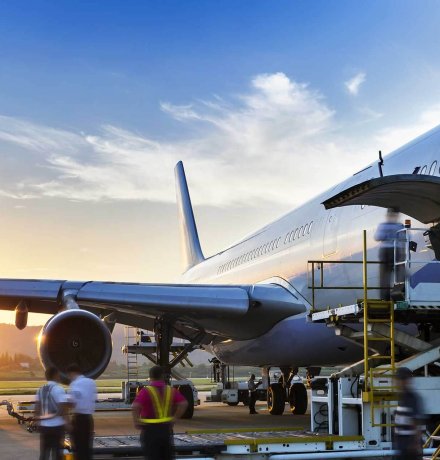
U.S. Region to Switzerland

FCL – SEA
U.S. East Coast
- Expedited Service
- 5 -to- 7 weeks
- Regular Transit
- 6 -to- 8 weeks
U.S. Midwest
- Expedited Service
- 6 -to- 8 weeks
- Regular Transit
- 7 -to- 9 weeks
U.S. Gulf Coast
- Expedited Service
- 7 -to- 9 weeks
- Regular Transit
- 8 -to- 10 weeks
U.S. West Coast
- Expedited Service
- 7 -to- 9 weeks
- Regular Transit
- 10 -to- 12 weeks
AIRFREIGHT
U.S. East Coast
- Expedited Service
- 8 -to- 12 days
- Regular Transit
- 10 -to- 16 days
U.S. Midwest
- Expedited Service
- 8 -to- 12 days
- Regular Transit
- 10 -to- 16 days
U.S. Gulf Coast
- Expedited Service
- 12 -to- 16 days
- Regular Transit
- 14 -to- 20 days
U.S. West Coast
- Expedited Service
- 10 -to- 14 days
- Regular Transit
- 12 -to- 18 days
Consolidation
U.S. East Coast
- Expedited Service
- 8 -to- 10 weeks
- Regular Transit
- 10 -to- 12 weeks
U.S. Midwest
- Expedited Service
- 9 -to- 11 weeks
- Regular Transit
- 9 -to- 12 weeks
U.S. Gulf Coast
- Expedited Service
- 9 -to- 11 weeks
- Regular Transit
- 9 -to- 12 weeks
U.S. West Coast
- Expedited Service
- 10 -to- 12 weeks
- Regular Transit
- 10 -to- 14 weeks
SWISS CUSTOMS INFORMATION
IMPORTANT FACT:
Most of the required paperwork for importing used household & personal effects duty & tax free into Switzerland does not differ much from other nations.
However, one particular requirement for final clearance imposed by Swiss Customs is that returning Swiss and/or EU citizens be registered with the local authorities in your municipality where you will be residing at the time of your shipment arrival and import clearance arrangements. The document to be obtained is the so-called ‘Anmeldung’. If you are unable to obtain this document, your moving agent or customs broker will not be able to finalize the import clearance process and you won’t be able to receive your belongings. In this case, your shipment might have to go into a bonded warehouse facility until you can present the required ‘Anmeldung’.
All other foreign passport holders must be in possession of their residence permit (’Aufenthaltstitel’) or foreigners’ identity card (‘Ausländerausweis’) by the time of shipment arrival and import customs clearance process. If you are not yet in possession of before mentioned permit or ID card, your moving agent or customs broker will not be able to finalize the import clearance process and you won’t be able to receive your belongings. In this case, your shipment might have to go into a bonded warehouse facility until you have obtained the required permit or ID Card. A visa copy in your passport will not suffice! Non-compliance will incur hefty surcharges for the storage and handling. Another option would be to clear your belongings as commercial cargo in which case though the importer will become liable for duties and taxes based on the value of their belongings.
TO THE POINT:
It is important to receive proper guidance prior dispatching your shipment to avoid costly surprises in Germany. At Hanseatic we take pride in our excellent pre-move consultations and provided advice, so you can have peace of mind from start to finish when moving with Hanseatic from the United States to Germany!
On another note, Swiss Customs is very generous in the allowed amount of wine & spirits that can be imported duty & tax free along with your used household & personal effects shipment! A detailed wine & liquor listing though needs to be prepared at the time of packing at origin (your Certified Moving Consultant® will provide such form to you). A maximum of 12 liters with an alcohol content of over 25% and 200 liters of wine (alcohol content below 25%) can be imported duty & tax free. This rule & regulation is not valid for shipments and importations when furnishing a secondary residence in Switzerland!
MOVING TO
SWITZERLAND
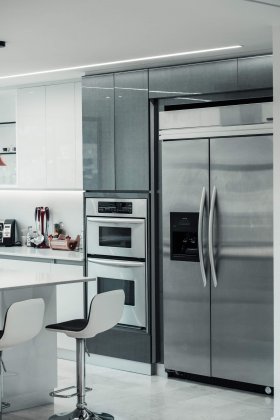
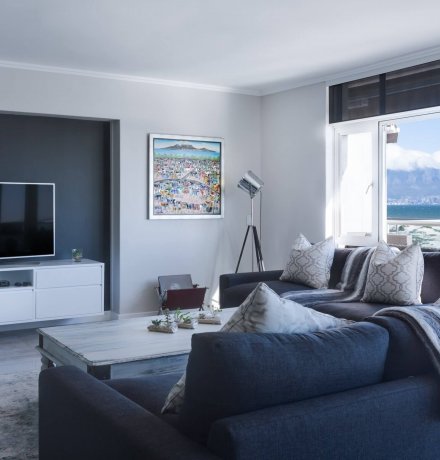
PRACTICAL INFORMATION – ELECTRONICS/HOME APPLIANCES/LAMPS
We are often ask by our clientele for advice in regards to whether or not to ship their electronics or home appliances as part of their move to Switzerland? The answer is somewhat complicated and a grey area. Some appliances or electronics might work with a transformer, others will definitely not work such as air conditioners, microwave ovens, vacuum cleaners, and/or electric clocks, because the appliance does not successfully adapt and a transformer will not be able to change the wattage.
So, which or what electrical appliances should I bring with me? A general rule: Nothing that is big or consumes a lot of power. Laptops, computers, and small radios are fine to include in your shipment. Kitchen or laundry appliances, microwave ovens, power tools, and TV sets are not. Also keep in mind, if not sure or certain, please do not try! Plugging in a non-conforming appliance or electronic can result in an electrical fire or a severe, potentially lethal shock. Don’t assume a fuse or circuit breaker will protect you if you do something wrong.
If you move often, or know that you will be returning back to the USA within a certain time period, it might be wise to purchase so-called ‘Multi-system appliances and electronics’. These devices are manufactured to operate on either 110-120 volts or 220-240 volts and are referred to as “multi-system”. They are usually constructed with a switch that enables them to be operated on either current. In addition, multi-system television sets are adaptable to the different video systems (USA = NTSC vs. Switzerland = PAL) and scanning standards and can be used in either country. This way you won’t have to worry about frequent new purchases or trying to sell off under market price your used appliance or electronic item when relocating back home or to another country.
This way you won’t have to worry about frequent new purchases or trying to sell off under market price your used appliance or electronic item when relocating back home or to another country.Certain table lamps with normal outside wiring can be used with a plug adapter, but most importantly you’ll have to change the light bulb/s as they are designed for one voltage system generally and do not work well in another plus a wrong light bulb/s canbecome dangerous. Risks include electrocution and fire (immediate or delayed).For expensive ceiling lamp fixtures, chandeliers or sconces one might consider taking them along and having them rewired, adapted and made compatible with the local line voltage and frequency by a local specialty shop or retailer in your destination country.
Certain table lamps with normal outside wiring can be used with a plug adapter, but most importantly you’ll have to change the light bulb/s as they are designed for one voltage system generally and do not work well in another plus a wrong light bulb/s can become dangerous. Risks include electrocution and fire (immediate or delayed).
For expensive ceiling lamp fixtures, chandeliers or sconces one might consider taking them along and having them rewired, adapted and made compatible with the local line voltage and frequency by a local specialty shop or retailer in your destination country.
MOVING TO
SWITZERLAND
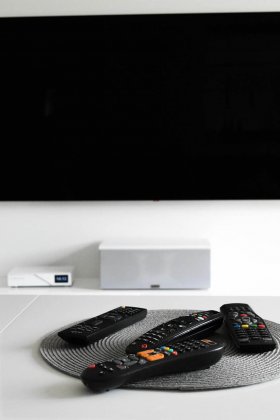
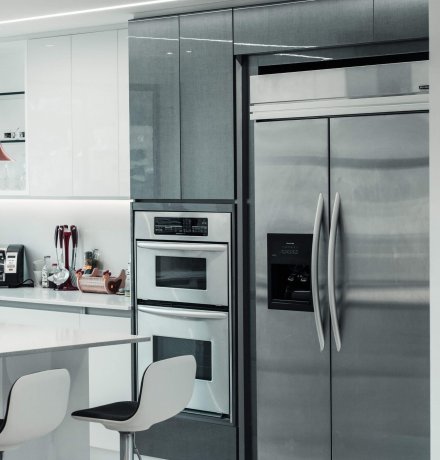
CULTURAL INFORMATION
- Switzerland is also known as Confederation Helvetica – which explains the abbreviation CH.
- The Swiss eat more chocolate than any other nation in the world.
- Foreigners at Home in Switzerland.
- Switzerland is one of the only two countries to have a square flag.
- The Swiss are used to Many Languages, because Switzerland has such a diverse population, it
has declared four national languages - There are 208 mountains over 3,000m high.

